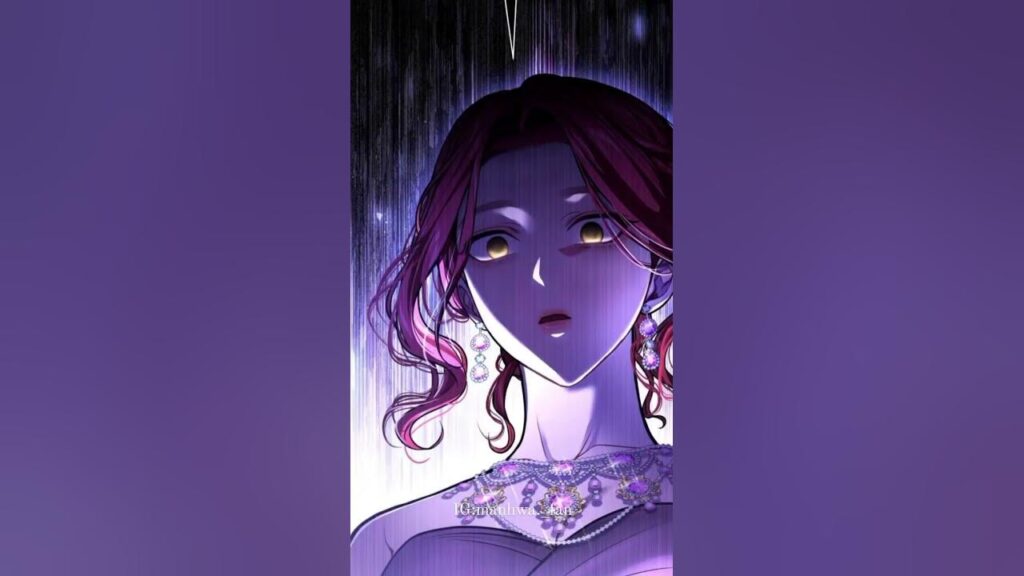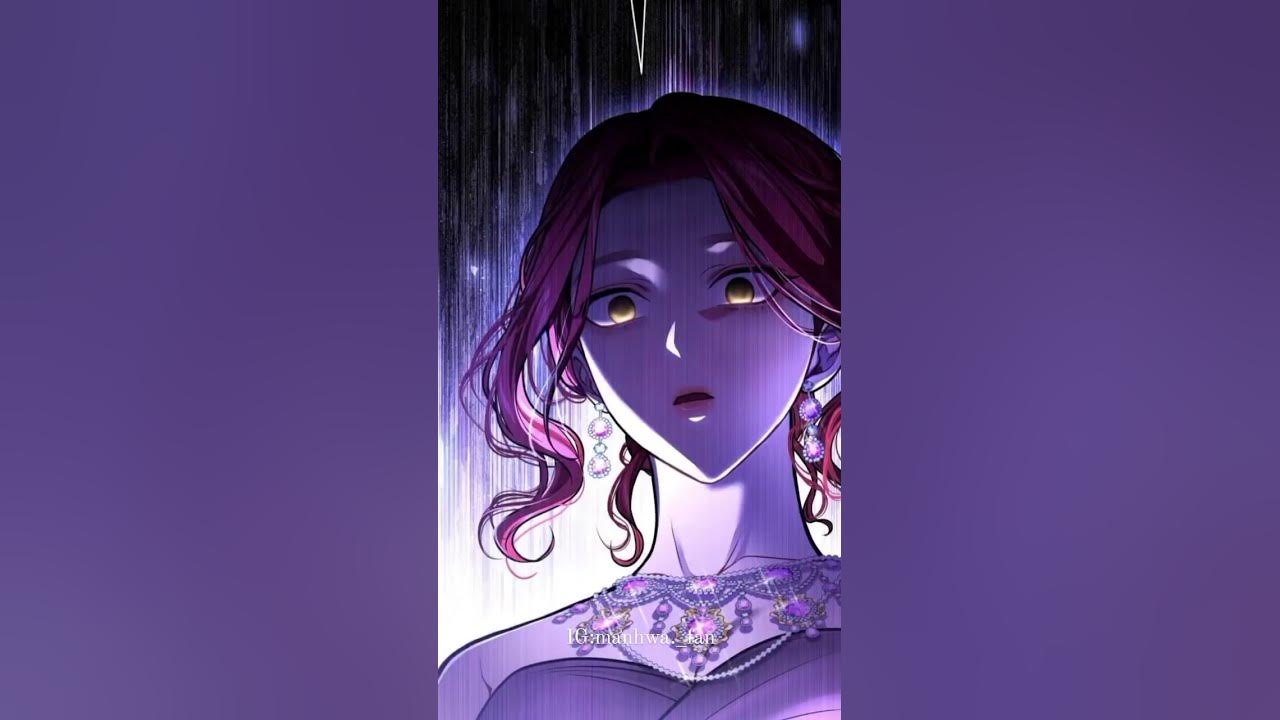
Unveiling the Secrets: Dejected Royal Daughter’s Hidden Bedroom – Spoilers & Theories
The allure of royalty often masks hidden stories, whispers of discontent, and the weight of expectation. When those burdens become too heavy, where does a royal daughter retreat? What secrets might a hidden bedroom reveal about her true feelings and the intrigues of court? We delve into the concept of “the secret bedroom of a dejected royal daughter spoilers,” exploring the symbolism, potential narratives, and the powerful themes of isolation, rebellion, and self-discovery that it represents. This article will explore possible spoilers, analyze the narrative implications, and consider the deeper meaning behind such a clandestine space.
More than just plot points, the idea of a secret bedroom speaks to universal desires for privacy, autonomy, and escape. Whether you’re a devoted fan of historical fiction, a casual observer of royal dramas, or simply fascinated by the human condition, join us as we unpack the potential storylines and hidden meanings within the secret bedroom of a dejected royal daughter. We aim to provide a comprehensive understanding of this compelling narrative device.
The Allure of Hidden Spaces: Understanding the Secret Bedroom Trope
Secret rooms have captivated audiences for centuries. From hidden passages in gothic novels to concealed chambers in historical accounts, these spaces represent a realm beyond the public eye. The secret bedroom of a dejected royal daughter takes this trope and imbues it with specific emotional weight. It’s not merely a place to hide; it’s a sanctuary, a prison, and a confessional all rolled into one. It is a space where societal expectations can be shed, and true feelings can be explored.
The “dejected royal daughter” archetype is equally compelling. Burdened by duty, constrained by tradition, and often pressured into arranged marriages, she embodies the conflict between personal desires and societal obligations. Her dejection stems from a lack of agency, a feeling of being trapped in a gilded cage. The secret bedroom, therefore, becomes a physical manifestation of her inner turmoil, a place where she can momentarily escape the suffocating demands of her royal life.
The combination of these two elements creates a potent narrative cocktail. The secret bedroom offers a glimpse into the daughter’s vulnerability, her hopes, and her fears. It becomes a stage for clandestine meetings, forbidden romances, and the plotting of rebellions. The secrets held within its walls can unravel empires and reshape destinies.
Potential Spoilers and Narrative Arcs
What secrets might such a bedroom conceal? Let’s explore some potential spoilers and narrative possibilities:
- Forbidden Love Affairs: Perhaps the daughter uses the room for secret rendezvous with a commoner, a foreign dignitary, or even a member of the royal court deemed unsuitable. Discovering this affair could lead to scandal, political intrigue, and even war.
- Hidden Political Agendas: The room might be a place where the daughter secretly plots against her family or the ruling regime. She could be gathering allies, writing subversive pamphlets, or even planning a coup.
- Artistic Expression and Self-Discovery: Perhaps the daughter is a talented artist, writer, or musician who is forbidden from expressing her creativity publicly. The secret bedroom becomes her studio, a place where she can nurture her talents and explore her identity.
- A Refuge from Trauma: The room might be a sanctuary from past traumas, a place where the daughter can process her emotions and heal from psychological wounds. It could contain mementos, journals, or other objects that trigger memories and aid in her recovery.
- Evidence of Conspiracy: The daughter may have stumbled upon a dangerous secret, and the bedroom may hold the evidence of that secret. She could be trying to protect the evidence from those who would silence her.
These are just a few of the many possibilities. The specific spoilers will depend on the context of the story, the characters involved, and the overall themes being explored.
The Secret Bedroom as a Symbol of Rebellion and Autonomy
Beyond specific plot points, the secret bedroom represents a broader theme of rebellion against societal constraints. In cultures where women, especially royal women, are expected to conform to rigid roles and expectations, the act of creating a private, autonomous space becomes a radical act of defiance.
The bedroom is a space where the daughter can reclaim her agency. She can decorate it according to her own tastes, fill it with objects that bring her joy, and use it for activities that nourish her soul. It becomes a physical manifestation of her inner self, a space where she can be true to herself without fear of judgment or reprisal.
Furthermore, the secrecy surrounding the room adds to its rebellious nature. By concealing its existence from the outside world, the daughter is asserting her right to privacy and autonomy. She is declaring that her inner life is her own, and that she will not allow others to control or define it.
Analyzing the Psychological Impact of Secrecy
While the secret bedroom offers a refuge from the pressures of royal life, it also carries a psychological burden. The need to maintain secrecy can lead to feelings of isolation, paranoia, and anxiety. The daughter may constantly fear discovery, and the weight of her secrets can take a toll on her mental health.
The act of concealing her true self can also create a sense of dissonance. The daughter may feel torn between her public persona and her private identity. She may struggle to reconcile the expectations of her family and society with her own desires and aspirations.
However, the secret bedroom can also be a source of strength and resilience. By creating a space where she can be herself, the daughter can develop a stronger sense of self-identity. She can use the room to process her emotions, cope with stress, and find inner peace. The secrecy surrounding the room can also foster a sense of empowerment, as the daughter realizes that she has the ability to control her own narrative.
The Role of Supporting Characters in Unveiling the Secrets
The discovery of the secret bedroom is rarely a solitary event. Supporting characters often play a crucial role in uncovering its secrets, either intentionally or unintentionally. These characters can include:
- Trusted Confidantes: A loyal servant, a childhood friend, or a sympathetic family member may be aware of the room’s existence and help the daughter protect it.
- Curious Outsiders: A new arrival at court, a nosy journalist, or a determined investigator may stumble upon the room while searching for something else.
- Antagonistic Forces: A jealous rival, a power-hungry advisor, or a suspicious family member may be actively searching for the room in order to expose the daughter’s secrets.
The interactions between these characters and the daughter can create compelling dramatic tension. The daughter must navigate complex relationships, weigh the risks of trusting others, and protect her secrets at all costs. The supporting characters can also provide valuable insights into the daughter’s personality, motivations, and the challenges she faces.
Expert Insights: The Historical Context of Royal Confinement
To truly understand the significance of a secret bedroom for a dejected royal daughter, it’s essential to consider the historical context of royal confinement. Throughout history, royal women have often been subjected to strict social expectations and limited personal freedoms. Their lives were often dictated by arranged marriages, political alliances, and the need to produce heirs.
In many cases, royal women were confined to specific areas of the palace or castle, with limited contact with the outside world. They were expected to be obedient, submissive, and focused on their duties. Any deviation from these expectations could result in severe consequences, including social ostracism, imprisonment, or even death.
Given these historical realities, the idea of a secret bedroom becomes even more poignant. It represents a desperate attempt to carve out a space of freedom and autonomy within a system that seeks to control every aspect of a royal woman’s life. It’s a testament to the enduring human desire for privacy, self-expression, and the right to be oneself.
The Secret Bedroom in Modern Interpretations
The trope of the secret bedroom of a dejected royal daughter continues to resonate in modern literature, film, and television. While the specific details may vary, the underlying themes of isolation, rebellion, and self-discovery remain relevant.
In contemporary interpretations, the secret bedroom may take on new forms. It could be a virtual space, a hidden online identity, or a metaphorical retreat into one’s own mind. The key element is the creation of a space where the protagonist can escape the pressures of the outside world and explore her true self.
Modern stories may also explore the psychological impact of secrecy in greater depth. They may delve into the protagonist’s struggles with anxiety, depression, and identity confusion. They may also examine the ethical implications of concealing secrets and the potential consequences for oneself and others.
The Enduring Appeal of Royal Secrets
The enduring appeal of stories about royalty lies in their ability to tap into our fascination with power, privilege, and the human condition. Royal families are often seen as symbols of national identity and cultural heritage. Their lives are scrutinized by the media and the public, and their actions can have far-reaching consequences.
At the same time, royal families are also composed of individuals with their own hopes, dreams, and flaws. They experience the same emotions as everyone else, but their lives are often lived under intense pressure and scrutiny. This creates a compelling dramatic tension that has captivated audiences for centuries.
The secret bedroom of a dejected royal daughter offers a glimpse behind the gilded curtain, revealing the vulnerabilities and struggles of those who are born into positions of power. It reminds us that even those who seem to have everything may be longing for something more: freedom, autonomy, and the right to be themselves.
Beyond the Spoilers: Finding Meaning in Hidden Narratives
Ultimately, the value of exploring the secret bedroom of a dejected royal daughter lies not just in uncovering spoilers, but in understanding the deeper themes and meanings that it represents. It’s a story about the universal human desire for freedom, autonomy, and self-discovery. It’s a story about the challenges of living under pressure and the importance of finding a space where one can be true to oneself.
By examining the potential storylines, character dynamics, and historical context, we can gain a greater appreciation for the complexities of royal life and the enduring power of human resilience. So, while spoilers may offer a glimpse into the plot, the true reward lies in exploring the deeper meaning behind the hidden narratives.
Explore More Royal Intrigue
We’ve explored the fascinating possibilities of a secret bedroom and the dejected royal daughter who might inhabit it. Now, we invite you to share your own thoughts and theories. What other secrets might a royal daughter conceal? What are the potential consequences of her actions? Join the discussion and delve deeper into the world of royal intrigue. Your insights can enrich our understanding of these timeless stories.

